No more family faux pas
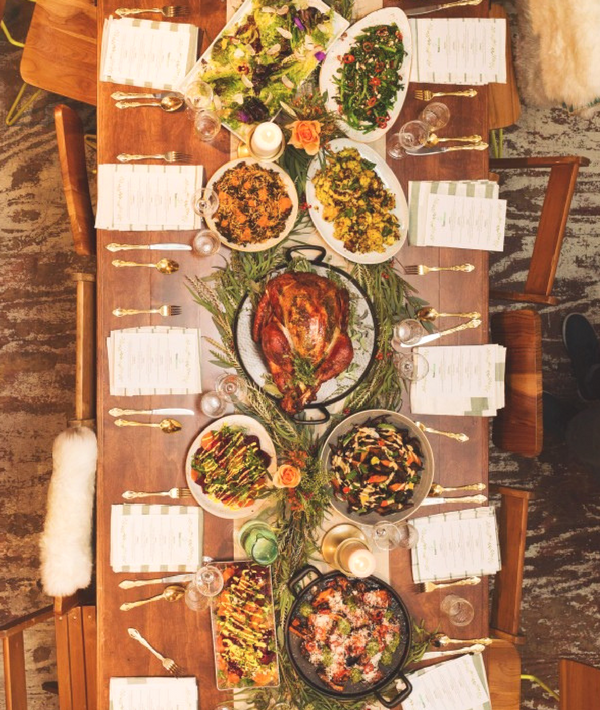
Thanksgiving is all about gathering 'round the table with friends and family to celebrate the season. For some of us, it also means awkward social interactions, confusion over proper etiquette and the occasional embarrassing slip of the tongue. Don't sweat potential holiday celebration faux pas with these handy tips that will keep you looking like a beacon of good manners while spending Thanksgiving at someone else's home.
Punctuality matters
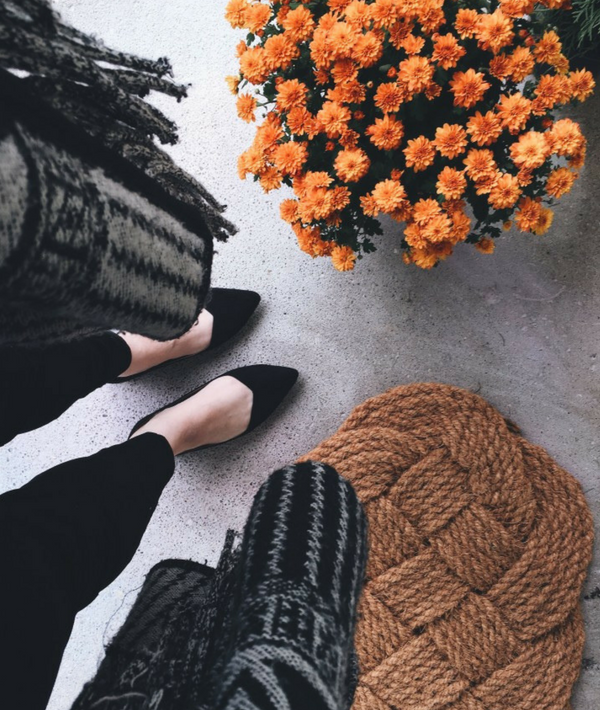
Don't come early, but don't be late, either. If you're running late, it's best to call your host to let them know. It's not only courteous to the host, but also to everyone else who might be waiting for you to arrive so they can sit down to eat.
A gift for your hosts
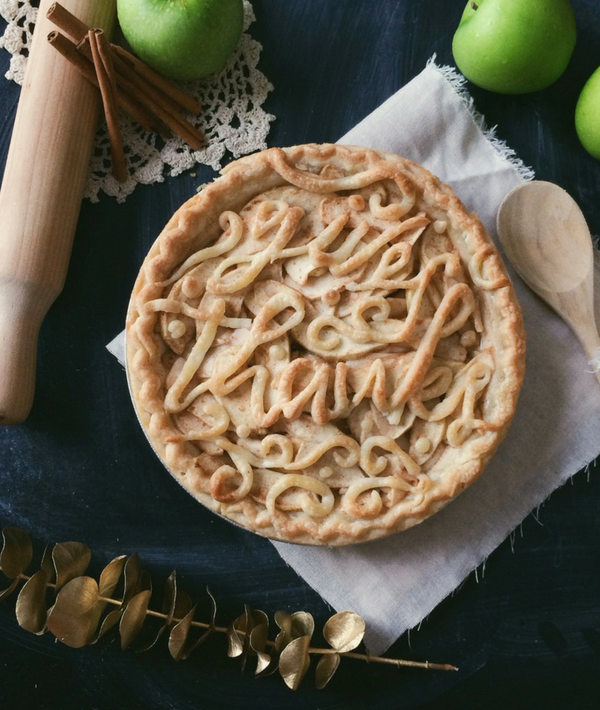
A small gift for your host is appropriate, and it doesn't need to be something for the holiday meal you're sharing. Even if they tell you not to worry about bringing a gift, don't show up empty-handed. Wine, chocolates or flowers are great standby gifts to give and makes it look as if you went the extra mile. A dessert they can enjoy after everyone has left or a coffee cake for breakfast is also a thoughtful gesture.
Rules for bringing flowers

If you bring flowers, consider that small potted plants are less pressure and hassle for the host because cut flowers mean they've got to find a vase while they're still trying to make gravy. For cut flowers, shorter arrangements already in a vase are best because they can be added as a centerpiece to the table, there's no extra work in finding a vase and they won't be too tall to block people from seeing each other while they talk over dinner.
Ask about a dress code

Your own family might roll up to the Thanksgiving table in casual mode, but don't assume it's cool to wear sweatpants at someone else's holiday meal. Even if your host has no established dress code, they'll appreciate you asking so you're not under- or overdressed. If they offer no guidelines in the form of something like, "Come in what you're comfortable in," err on the side of dressed up rather than dressed down.
Food allergies vs. preferences
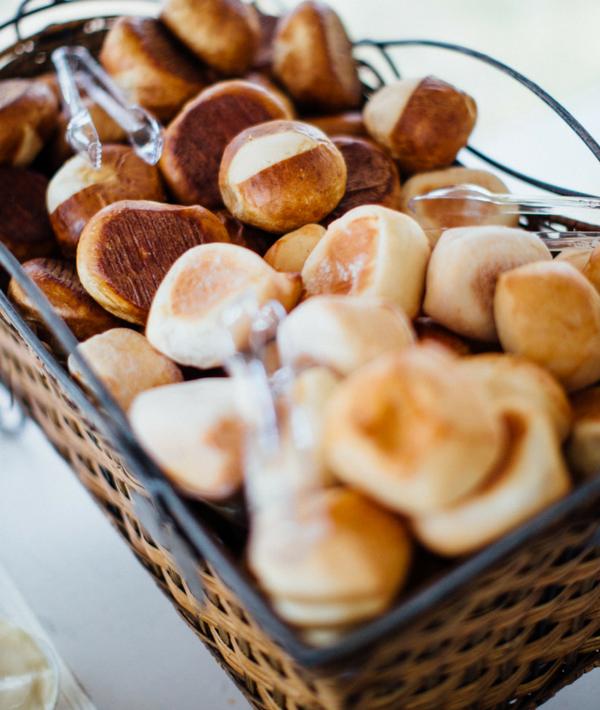
If you have a dietary restriction that the host isn't familiar with, let them know in advance. Food allergies are important to share with the host, but the fact that you aren't eating bread right now because you're trying out a gluten-free lifestyle? Not so much. It comes down to safety rather than preference. If, for example, you can't eat dairy, bring something you can eat and share, and let the host know in advance so they don't feel like you're stepping on their toes.
Steer clear of the kitchen

You know that saying about too many cooks in the kitchen? Of course, offer to help if your host is open to it. But hosting can be stressful, and the last thing you want to do is make anything more difficult by crowding them or cramping their style. Stay out of the kitchen unless you're helping, or at least stay out of the way if you're keeping them company in that busy space.
Cook everything in advance
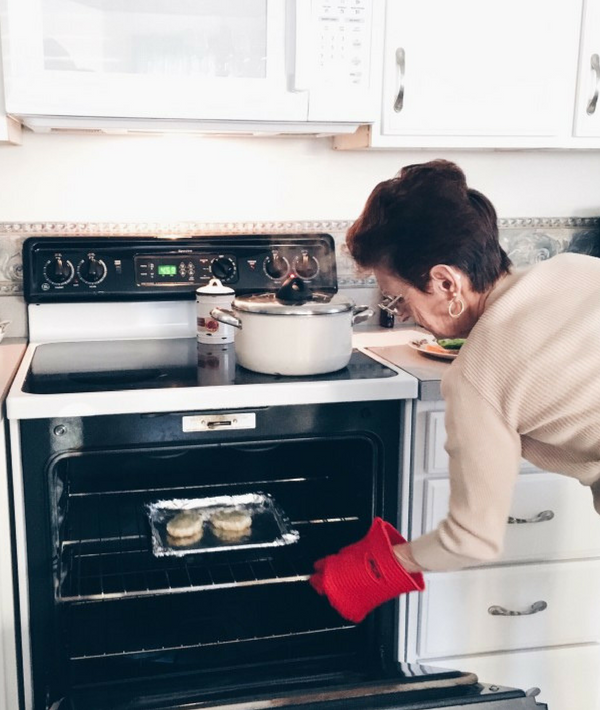
If you're contributing a hot side dish, confirm you can use the kitchen if you have to reheat something. Be prepared to let the host know how long something needs to be reheated and how—and be prepared to figure out an alternative in case they have very limited options. As a rule of thumb, always cook your dish before you arrive to the host's home. Don't commandeer their kitchen to put together your pie when they're still trying to finish cooking for everyone.
Avoid hangry situations
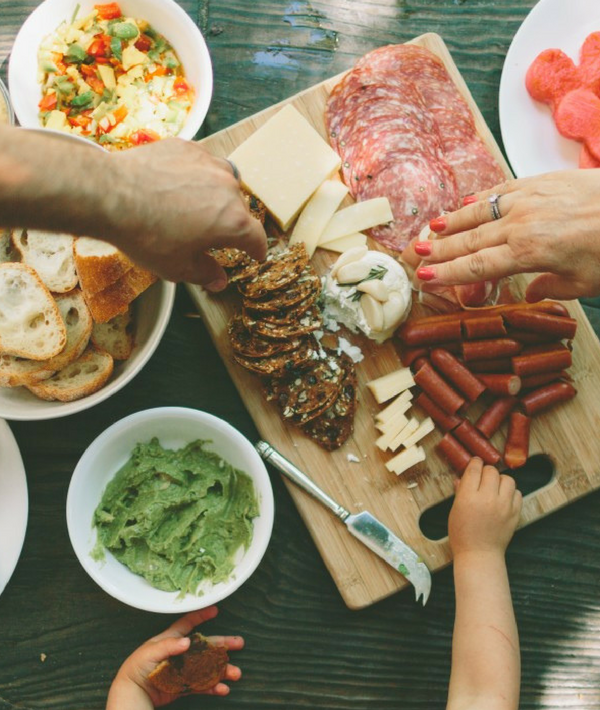
Rather than asking your host repeatedly what time you'll be eating, have a snack before you arrive, or snack on appetizers before the main event. Bring snacks for the kids, too. You don't want to be cranky. Your host is already stressed about getting the meal on the table on time, so do everyone a favor by not getting to the point where you're hungry and irritable.
Leave your ego in the back seat

Don't compete with your host by bringing something you haven't agreed upon in advance, or upstage them by bringing something you know will cause a fuss. Give them their moment to shine without doing anything that will throw them off or upset them. Toss on an apron and be the sous chef if they need help, and if not, make yourself useful in some other way, if they ask. Entertaining the kids is always fun and needed at a crowded holiday gathering.
Be a buffer

When there's alcohol and large groups of people, the likelihood of someone speaking out of turn increases. If you know there are issues between some of the guests or you see a particular guest who's hit their limit and is crossing the line with others, be part of the buffer zone to keep the tension from rising. Don't take sides, but diffuse the situation so it doesn't have the chance to get out of control. If you're the one who's tense (or had one glass of wine too many), take a breath, grab a glass of water and get some fresh air to help keep the gathering enjoyable for everyone.
Don't create more mess
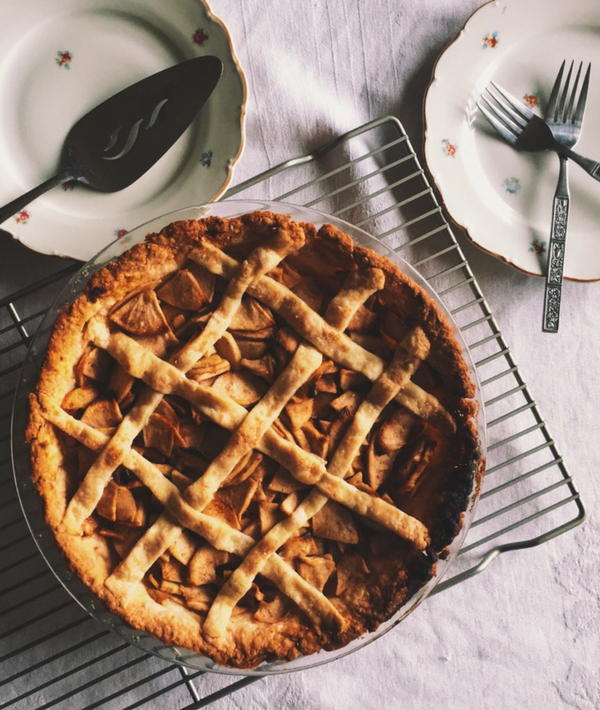
If your host asks you to bring something such as a side dish or dessert, bring everything you need to serve the dish you're contributing. Disposable pans or trays and extra serving ware can make cleanup easier for everyone—and then you don't have to wait for your mother-in-law to return your fancy pie dish once the leftovers are finally eaten. Better yet, if your mother-in-law always eyes your pie dish, buy a new one you can leave with her to keep as a gift and walk away looking like a thoughtful daughter-in-law, too.
Silence your phone

Nothing says "I can't wait to get the hell out of here" like checking your phone every five minutes while you're with family. Constantly using your phone while with extended family sends them a signal that you don't want to be there or that other people are more important to you than interacting with them. Silence your phone and maybe even turn off the notifications from your screen so you're not distracted. If you must text or call … or scroll Facebook for a breather (hey, we're not judging), step outside for a few minutes or do it in private.
Be mindful of the kids

If you know your own kids get antsy after an hour of chatting with Grandma and Grandpa, bring some toys or activities that they can play with quietly. If your nephew is the one who's out of control at every family function, consider how you can help mitigate the chaos by engaging with and distracting him so his behavioral issues are at a minimum. Do the festivities run up against nap time? Do your best with the accommodations and prepare to have a backup plan if the house is too loud.
No complaints

When you don't roast it yourself, the turkey is always perfect. Side dishes that your sister-in-law made don't taste like mom's cooking? Keep your mouth shut and be glad you aren't the one hosting and cooking for everyone. Make your own side dishes to eat at home later if you know you're bound to be disappointed. Sometimes you just have to know when to keep quiet, and this is one of those times. Be grateful someone else is cooking you a meal, instead of the other way around.
Talk to everyone at the table

You may not know some guests or get along with everyone at the table, but that doesn't mean you can't be cordial to them. Holidays are typically stressful in some way for everyone, even for the people who want to be with their families. Even if you don't have much to say, a "Hello" and "How are you?" are the least you can do to make the table feel more friendly. Also, be wary of controversial topics. A rule of thumb at social gatherings is to avoid talking about religion and politics. If someone else brings them up, it's OK to steer the conversation in a more neutral direction.
Don't forget your manners

Offer to help with dishes or at least to clear the table to make the job easier for your hosts. If they decline, don't push. Instead thank them for the meal and time spent together. It's possible that they've got a cleanup system already in place, or that they want to minimize the chances that Grandma's holiday china doesn't get chipped.
The leftovers debate

Leftovers can be a tricky situation during the holidays. Everybody loves Mom's stuffing and cranberry sauce, but there's a limited amount to go around. Expect to take home leftovers? Bring your own Tupperware or plastic bags to take them home. If your host offers something to take with you, be respectful of the fact that others may want some, too.
Don't overstay your welcome

If you've ever hosted a large crowd for a holiday, then you know how exhausting it can be. While your host might be glad to have you for dinner, they also probably want to relax. You don't have to jet right after dessert—that would be rude—but you also shouldn't stay for hours after dinner has ended, either. A general rule that's good to follow: It's time to go when your host looks tired, stressed or like they're getting restless after dinner and dessert have already ended, or an hour after dessert—whichever comes first.
Give thanks

You don't have to make a grand gesture to make your host feel appreciated, but a handwritten thank-you card mailed in a timely manner or an email sent the following day with a link to shared family photos from the get-together are appropriate ways to show your gratitude without going out of your way.
Be kind if you have to cancel

Unless someone in your household wakes up sick, avoid canceling plans with short notice. Your host has already planned menus, portions and maybe even seating arrangements, so it's an inconvenience for them as well if you don't show up.




